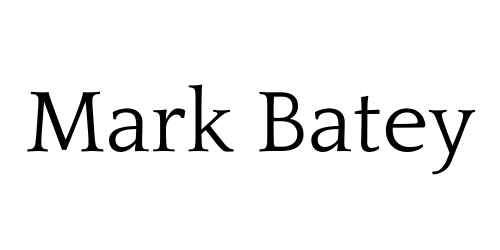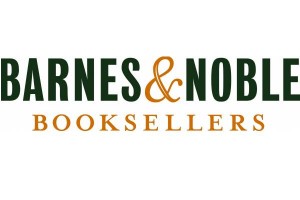Liberty Media’s recent offer to acquire Barnes & Noble is an intriguing one. Liberty is a new-age media conglomerate with interests in QVC, Sirius XM Radio and premium cable network Starz.
B&N operates more than 700 bookstores and 623 college outlets across the country. The traditional book business has been troubled in recent years, with increasing competition from online retailers like Amazon.com and discounters such as Wal-Mart. Like Borders, which is in Chapter 11 bankruptcy, B&N has had to shutter stores. The company was put up for sale a year ago.
Liberty’s statement about B&N was illuminating, both as to the enduring power of the brand and the evolution of the market: “Barnes & Noble is the established leader in bookselling and is at the forefront of the transition to digital.” Rising online sales, changing reading habits and the arrival of the e-book have all contributed to the seismic shift in the market – confirmed by Amazon’s recent announcement that, after less than four years of selling e-books, it is now selling more of them than printed books.
Three quarters of B&N’s revenue still comes from the bricks and mortar operation, but the growth is in its online business, which is where its Nook e-reader resides. Interestingly, while Amazon’s Kindle has a 67% share of the e-reader market, and B&N’s Nook has 22%, when it comes to the e-book market itself, Amazon’s Kindle has 58% whereas B&N has 27%. The Nook – particularly the Nook Color – is a very good product; but much of that disproportionate share of the e-book market has to be down to the strength of the B&N brand, which has been built up over the years by the retail operation and in-store experience.
Despite the recent turmoil, then, B&N has been having success with its digital media strategy. Its Nook platform is providing the foundation for the development of valuable digital media relationships with millions of customers, and that is what attracts Liberty’s chief, John Malone. Throw in the fact that B&N has added an app store and e-mail program to its Nook Color, and seems to be bringing the device closer to functioning like a tablet computer, and the attraction to a media company becomes clearer.
The question then is what would happen to all those stores? For sure there would be further streamlining. The number of stores would continue to be cut, and the internal space dedicated to printed books reduced, in favor of showcasing the more experiential facets of the Nook platform (a la Apple Stores). But although it is morphing, the book business is still sizeable, and despite uncertainty about what it will look like in the future, for now B&N is one of its defining brands. Malone is smart enough to realize that he is a media mogul, not a retailer or a bookseller. Part of his offer stipulates that B&N CEO Len Riggio, who built the company from scratch, maintain his 30% stake, and continue to play a management role.
It seems that the Barnes & Noble brand may be on the brink – hopefully of transformation rather than extinction.

